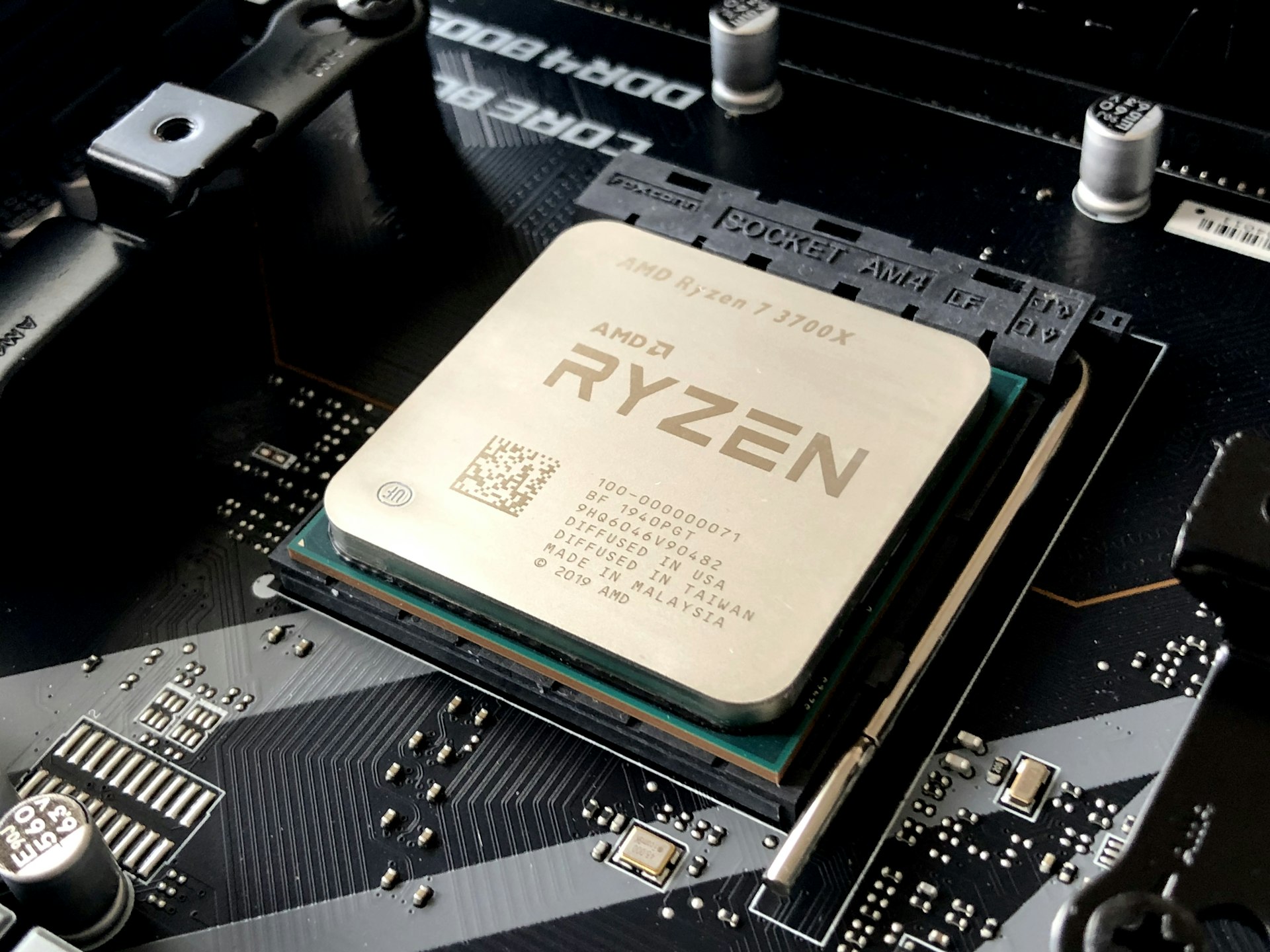The Strategic Evolution: Exploring the Rise of Roguelike Deckbuilding Games

Photo by aceofnet on Unsplash
Introduction
Over the past decade, the fusion of roguelike mechanics and deckbuilding gameplay has produced a genre that continues to captivate both casual and dedicated gamers. Roguelike deckbuilding games, such as Slay the Spire , Monster Train , and Griftlands , have popularized a blend of procedural generation, strategic planning, and turn-based combat, offering both unpredictability and tactical depth. [2] This article explores the origins, mechanics, benefits, and actionable steps for engaging with this genre, while providing guidance for newcomers seeking to access, play, or even design their own roguelike deckbuilders.
Understanding Roguelike Deckbuilding Games
The term
roguelike deckbuilder
refers to a hybrid genre that merges the randomized, run-based progression of roguelike games with the card management and strategy of deck-building titles.
[1]
Players start with a basic deck and, through a series of procedurally generated encounters, evolve their deck by acquiring new cards, removing weak ones, and synergizing powerful card combinations. The unpredictability of rewards and encounters means every run feels fresh, while permanent death (permadeath) ensures meaningful choices.
[2]
Key gameplay elements include:
- Procedural Generation : Each playthrough presents randomized enemies, rewards, and events, requiring players to adapt strategies on the fly.
- Deck Construction : Players carefully select new cards and upgrades, aiming for synergy and avoiding deck dilution.
- Turn-Based Combat : Encounters are resolved through card-based actions, demanding tactical thinking and resource management. [1]
- Permanent Death : Losing a run means starting over, but each attempt grants new insights and sometimes unlocks persistent progression. [2]
Key Titles and Their Impact
The genre’s rise is closely linked to several influential games:
- Slay the Spire : Widely regarded as the breakthrough title, it introduced robust deckbuilding mechanics and roguelike progression, inspiring a wave of imitators and innovations. [1]
- Monster Train : Added multi-layered combat and branching choices, further deepening strategic possibilities. [1]
- Griftlands : Blended negotiation and combat decks, offering narrative-driven runs and emergent storytelling. [1]
To play these games, users can purchase them through reputable digital storefronts such as Steam, GOG, or console marketplaces. Always verify reviews and system requirements before purchasing. [2]
Mechanics and Strategic Depth
Roguelike deckbuilders are defined by their focus on emergent strategy. As players gain new cards, they must weigh each addition’s impact on overall deck performance. Synergy is crucial: powerful combinations can turn the tide of battle, but acquiring too many unrelated cards weakens reliability. [2] Out-of-combat events, such as shops and card removal opportunities, provide critical decision points. [4] The controlled randomness, often seen in mechanics like the “Discover” effect from Hearthstone, allows for strategic choice within unpredictable options. [4]
Players can maximize performance by:
- Prioritizing synergies over raw card quantity
- Using out-of-combat events to fine-tune deck composition
- Adapting strategies to the unpredictable nature of runs
For guidance on deckbuilding strategy, many game communities offer forums, wikis, and guides. Search for “[Game Name] strategy guide” or visit official game forums for expert advice.
Benefits and Opportunities
Roguelike deckbuilders offer several unique advantages:

Photo by 2H Media on Unsplash
- Replayability : Randomized runs ensure endless variety, keeping gameplay engaging over time. [5]
- Strategic Depth : Players develop critical thinking and planning skills, as each run presents new challenges and options.
- Accessible Learning Curve : Most titles start simple but reward mastery, making them appealing to both new and experienced gamers.
- Community Engagement : Active fan communities share tips, mods, and custom challenges, expanding the genre’s possibilities.
The genre also presents opportunities for aspiring developers. Indie creators have found success by experimenting with new mechanics or aesthetic themes. If you’re interested in developing a roguelike deckbuilder, start by studying existing titles and prototyping unique mechanics. Consider joining game development communities such as itch.io or forums like Reddit’s r/gamedev.
Challenges and Solutions
The genre’s reliance on randomness can frustrate players who prefer predictability. Some games mitigate this by offering meta-progression systems, where persistent upgrades smooth out difficulty spikes. [2] Deck dilution is another challenge: acquiring too many cards can weaken a deck’s focus. To address this, games provide opportunities to remove or upgrade cards. Players can also consult online resources for optimal deckbuilding techniques. [4]
If you encounter difficulty, try these steps:
- Review community guides or video tutorials for specific games
- Experiment with different character classes or starting decks
- Engage with online communities for troubleshooting and strategy advice
Alternative Approaches
While digital roguelike deckbuilders dominate the genre, tabletop games such as Dominion and engine-builders offer similar strategic experiences. [5] For those interested in non-digital alternatives, search for “deckbuilding board games” at local hobby shops or online retailers. Many digital adaptations exist, and some offer free online play; verify legitimacy by reading user reviews and checking for secure payment options.
If you want to design your own roguelike deckbuilder, begin by brainstorming unique mechanics, developing card sets, and playtesting with friends. Consider using game engines like Unity or Godot, and join open-source communities for resources and feedback.
Step-by-Step Guidance to Join the Genre
To get started with roguelike deckbuilding games:
- Research notable titles such as Slay the Spire, Monster Train, and Griftlands. Use reputable game review sites or forums for recommendations.
- Purchase games through verified digital storefronts like Steam or GOG. Always check reviews and compatibility before buying.
- Join online communities to share strategies and find support. Search for official forums or subreddits dedicated to your chosen game.
- If interested in development, study existing games and join game dev communities for collaboration and feedback.
- For tabletop alternatives, consult local hobby shops or search for “deckbuilding board games” on established retail websites.
If you have trouble accessing games due to regional restrictions or pricing, consider exploring free demos or community-supported projects, many of which are posted on platforms like itch.io.
Key Takeaways
Roguelike deckbuilding games represent a vibrant intersection of strategy, unpredictability, and creative design. Whether you’re a player seeking engaging challenges or a developer aiming to innovate, the genre offers endless possibilities for growth and enjoyment.
References
- [1] AceNet Hub (2023). Deck Builder Roguelike Games – Genre Overview and Key Titles.
- [2] Wikipedia (2024). Roguelike Deck-Building Game – Definition and Gameplay.
- [3] Wikipedia (2024). Roguelike – Origins and Mechanics.
- [4] YouTube (2023). What Makes a Good Deck Building Roguelike?
- [5] Shrunken Shrine (2022). Roguelike Deck-building Games – A Chronological Exploration.
MORE FROM savvysc.com













